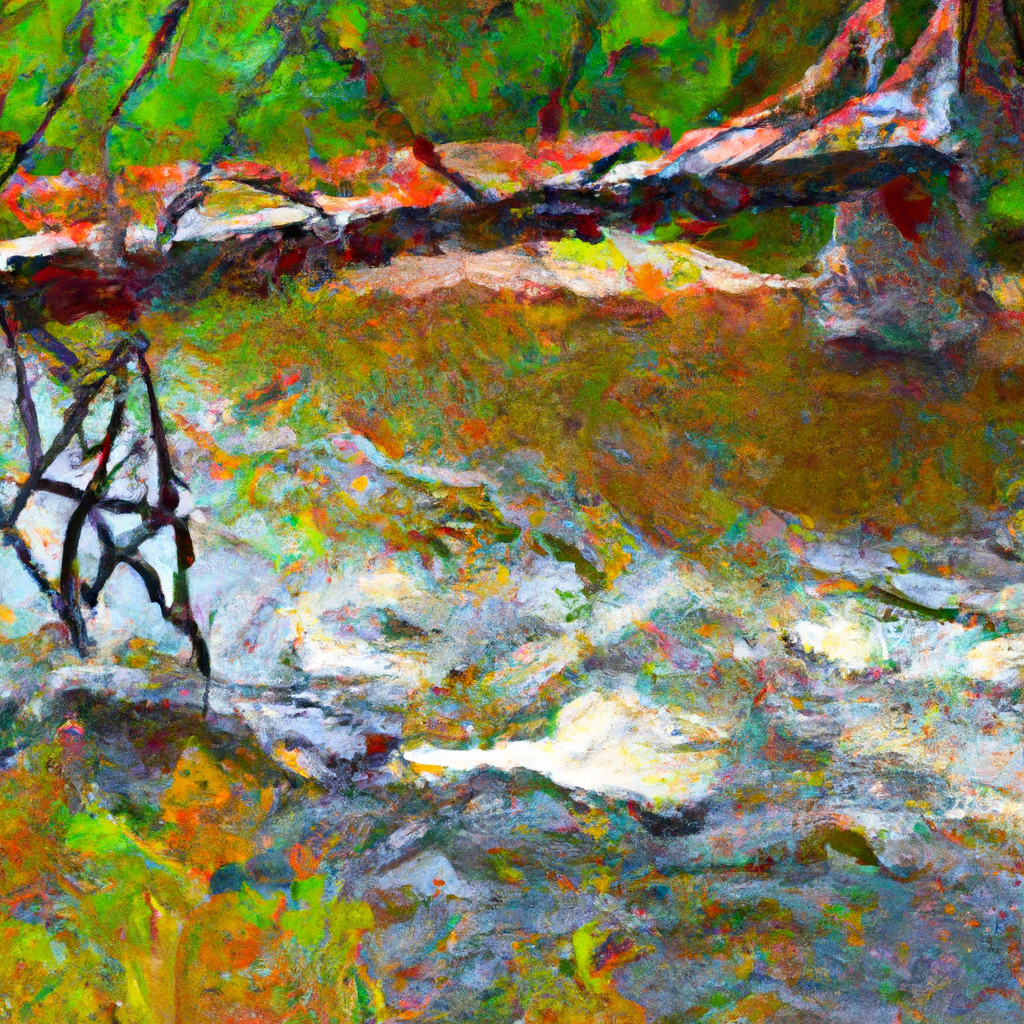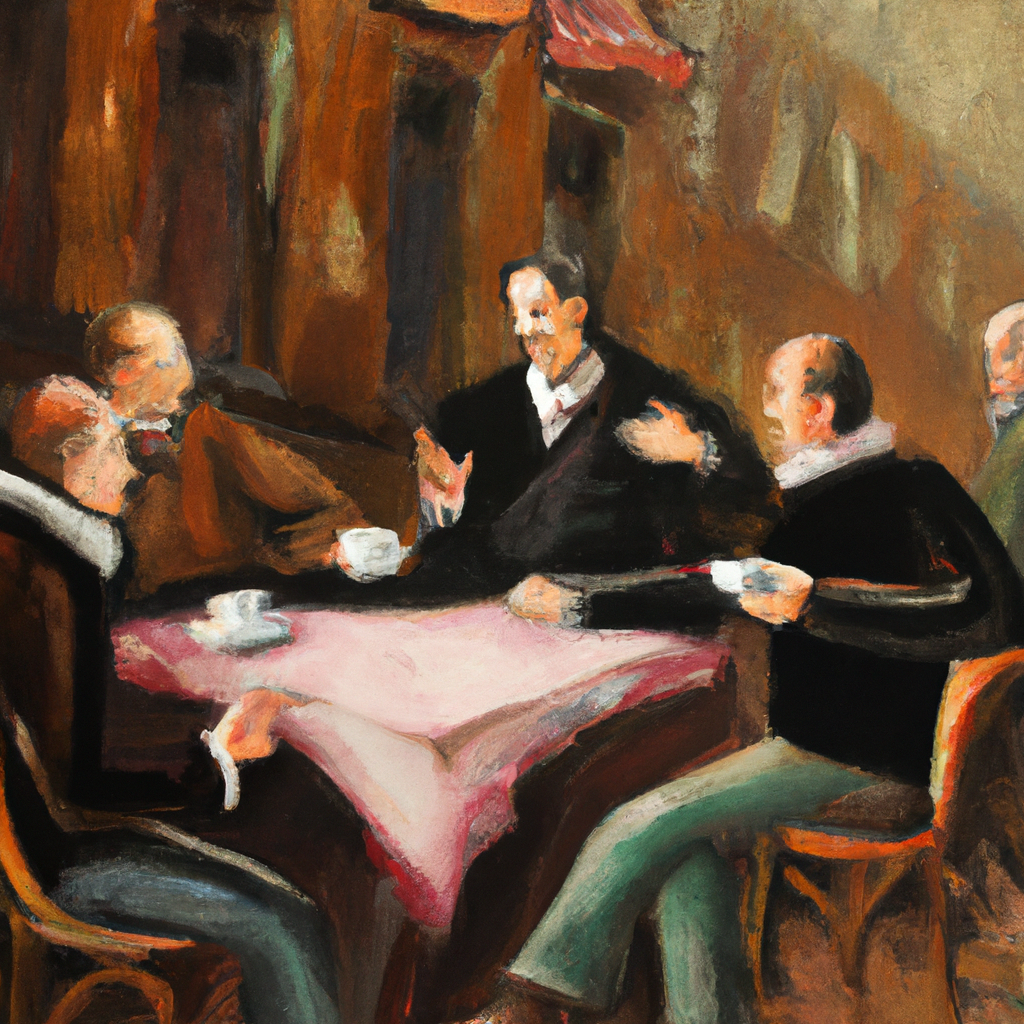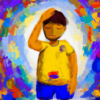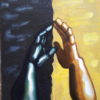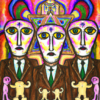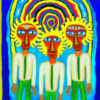The Book of Job has been a source of wisdom and insight for generations. The story of Job, a righteous man who undergoes a series of trials that test his faith, has inspired countless writers and thinkers to reflect on the nature of God, suffering, and humanity. One such writer was Fyodor Dostoevsky, whose novel The Brothers Karamazov explores these same themes in its own way. There are three key passages from the Book of Job that are particularly relevant to the novel.
The first, Job 1:1-22, introduces us to Job and his trials:
“And the Lord said to Satan, ‘Have you considered my servant Job, that there is none like him on the earth, a blameless and upright man, who fears God and turns away from evil?’ Then Satan answered the Lord and said, ‘Does Job fear God for no reason? Have you not put a hedge around him and his house and all that he has, on every side? You have blessed the work of his hands, and his possessions have increased in the land.'”
Job 1:8.10
Job is a man who is blameless and upright, who fears God and turns away from evil. Yet, God allows Satan to test him by taking away his possessions, his children, and his health. Despite his suffering, Job refuses to curse God and instead remains faithful. In The Brothers Karamazov, we see similar challenges faced by several characters. For instance, Ivan, the intellectual and skeptic, struggles to reconcile his belief in God with the existence of evil in the world. He argues that the suffering of innocent children is evidence that God does not exist, or if He does, He is not just. Ivan’s struggle echoes Job’s, as both men question the justice of God.
The second passage, Job 38:1-11, is a reminder of the limits of human understanding in the face of God’s vastness and complexity.
“Then the Lord answered Job out of the whirlwind and said: ‘Who is this that darkens counsel by words without knowledge? Dress for action like a man; I will question you, and you make it known to me. Where were you when I laid the foundation of the earth? Tell me, if you have understanding.'”
Job 38:1-4
In this passage, God speaks to Job from a whirlwind and reminds him of the limits of his own knowledge. God asks Job a series of rhetorical questions that reveal the wonders of creation and the complexity of the natural world. This same theme is echoed in The Brothers Karamazov, as characters such as Father Zosima and Ivan confront their own limitations and question the nature of God’s justice. Father Zosima, a wise and compassionate monk, acknowledges that he does not understand everything and that there are mysteries beyond human comprehension. Ivan, on the other hand, struggles with the concept of divine justice given how the world works. These characters, like Job, are forced to confront their own limitations and the vastness of God’s mystery.
The third and most powerful passage, Job 42:1-6, is Job’s humble acknowledgment of his own limitations and repentance for questioning God’s ways.
“Then Job answered the Lord and said: ‘I know that you can do all things, and that no purpose of yours can be thwarted. Who is this that hides counsel without knowledge? Therefore I have uttered what I did not understand, things too wonderful for me, which I did not know. Hear, and I will speak; I will question you, and you make it known to me.’ I had heard of you by the hearing of the ear, but now my eye sees you; therefore I despise myself, and repent in dust and ashes.'”
Job 42:1-6
In this passage, Job repents his earlier questioning of God’s justice and acknowledges that his understanding was limited. He says, “I had heard of you by the hearing of the ear, but now my eye sees you.” This act of humility and submission is a powerful reminder of the importance of faith, even in the midst of suffering and confusion. It is this same faith that sustains the characters in The Brothers Karamazov, even as they face some of the most profound questions of the human experience. For example, Alyosha, the youngest and most devout of the Karamazov brothers, forgives his brother Dmitri for a crime he did not commit. This act of forgiveness is an expression of Alyosha’s faith in God’s mercy and love. Similarly, Ivan, after suffering a mental breakdown, seeks forgiveness and redemption.
Taken together, these passages offer a rich and complex framework for understanding both the Book of Job and The Brothers Karamazov. They remind the readers of the importance of faith, humility, and trust in God, even in the midst of the most difficult circumstances. They also offer a powerful critique of the limits of human understanding and the importance of acknowledging our own limitations. For anyone grappling with the challenges of faith and suffering, these passages offer a source of wisdom and insight that is as relevant today as it was thousands of years ago.
Furthermore, The Brothers Karamazov is a rich and complex exploration of the human experience, and the parallels with the Book of Job offer a deeper understanding of the novel. Just as Job questions the justice of God, the characters in the novel question the nature of love, justice, and redemption. For example, Dmitri, the eldest of the Karamazov brothers, struggles with his own passions and desires, and ultimately seeks redemption through his love for Grushenka. Similarly, Ivan’s struggle with the concept of divine justice reflects the larger theme of justice and injustice in the novel, particularly in the trial of Dmitri for the murder of his father.
In conclusion, the parallels between the Book of Job and The Brothers Karamazov offer a deeper understanding of both works. The themes of faith, suffering, and humility that are present in both works remind us of the importance of acknowledging our own limitations and trusting in God, even in the midst of the most difficult circumstances. The novel, like the ancient text, offers a powerful critique of the limits of human understanding and the importance of acknowledging the mysteries of the world around us. Ultimately, both works offer a profound exploration of the human experience and a reminder of the importance of compassion, forgiveness, and redemption.
